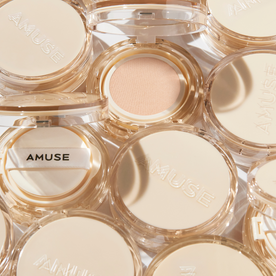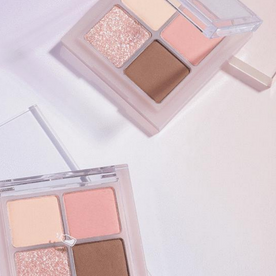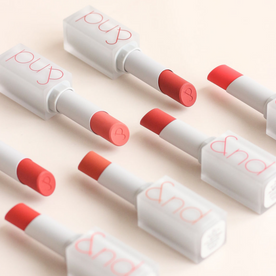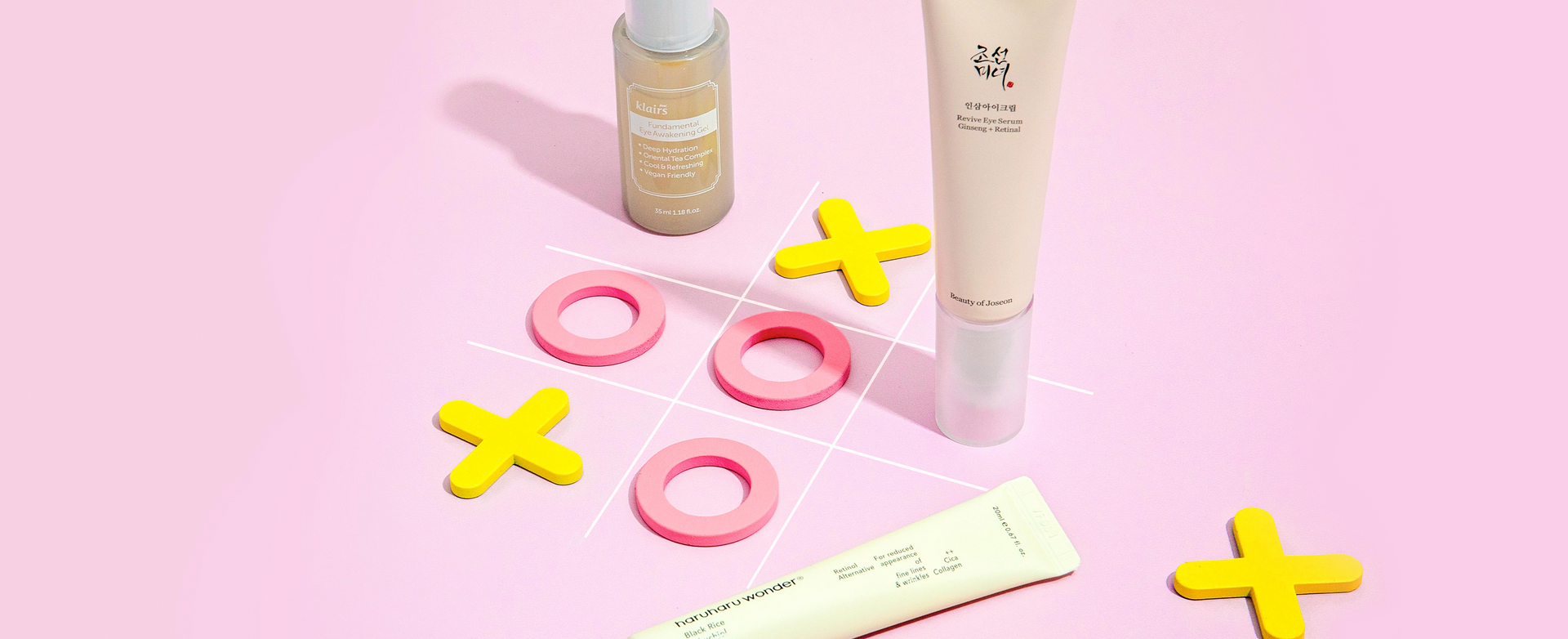3 Reasons Why Your Eye Cream Doesn’t Work
The eye area deserves special care - the skin is thinner, more delicate and drier. It’s often where we start seeing the earliest signs of aging, and can be the subject of many concerns, like darkness, puffiness, or pigmentation.
In order to care for the eye area, we invest in special products: eye makeup remover, special creams, eye masks and patches. That investment can then make it feel extra discouraging if you don’t see the results you expected. But before you ditch your eye cream, let’s take a look at some of the reasons why it might not be working for you.
You Don’t Need an Eye Cream
The skin around your eyes is different from the rest of your face, but that doesn’t mean you must use a cream specially designed for eyes. For some people, using a general face cream around the eyes may be enough. That being said, the ingredients and the texture of the cream need to suit the area. Most facial creams are moisturizing, so if your eye area needs hydration, your face cream should do the job. However, if you’re looking to address specific concerns like pigmentation or puffiness, you’ll need to look at your face cream and see whether it has appropriate ingredients.
The texture of eye creams is generally lighter, or you can develop milia (little bumps around your eyes which are caused by heavy products). If your skin is very dry and you use a thick moisturizer, you may not want to use it around your eyes, or use very little. Lastly, be careful of creams that have strong actives in them. If your skin is oily and you’re using a cream with acids in it, make sure that it’s safe to use around the eyes. If you’re uncertain, we suggest connecting directly with the brand before trying it.
You Aren’t Choosing the Right Ingredients for Your Concerns
Having personal skin goals is a great way to make sure you’re purchasing the right products, and this includes your goals for the area around your eyes. Using eye creams that don’t have the ingredients to help you reach those goals will result in disappointment. Here are some ingredients to look for, depending on your eye concern:
- Fine lines and wrinkles: Retinol, vitamin C, peptides, EGF (essential growth factors), antioxidants, bakuchiol. A product like Beauty of Joseon Revive Eye Serum: Ginseng + Retinal helps to firm up the skin around the eyes.
- Dryness: Hyaluronic acid, ceramides, botanical oils, lactic acid (for exfoliation). Haruharu Wonder Black Rice Bakuchiol Eye Cream provides long-lasting moisture to the eye area with a blend of natural lipids and Bakuchiol.
- Puffiness: Caffeine, green tea, anti-aging ingredients (for puffiness caused by muscle tone loss), vitamin E (anti-inflammatory). Dear, Klairs’ Fundamental Eye Awakening Gel is high in antioxidants thanks to tea extracts, while copper peptides improve elasticity.
- Pigmentation/dark circles: Vitamin C, rice, snail mucin, vitamin K, licorice, kojic acid. Goodal Green tangerine Vita C Dark Circle Eye Cream tackles dehydrated skin and dark circles to brighten the entire eye area.
You Aren’t Applying It Correctly
The eye cream itself might not be the issue - it could be the way you’re applying it, or even the other products you’re using with it. The first step is to make sure your eye cream can actually get absorbed into your skin. If you have residue from an oil-based cleanser or make-up remover on your skin, it could be preventing your eye cream from absorbing. Dead cells can also be a problem, so make sure you exfoliate the area gently. If you’re using other heavier products, apply your eye cream before the heavier product so it doesn’t just sit on top.
Like other moisturizers, eye creams are best used on slightly damp skin, so they can lock in the water. You don’t need to use very much — over-applying eye product can make it work less effectively. Use a small amount, but try to use it every day for the best results.
Other Lifestyle Issues
If you aren’t seeing the results you’d like to see, it may not be any product you’re using. There are a lot of lifestyle factors that can affect how your eyes look. These include being dehydrated or consuming too much salt and/or alcohol, or having a diet that lacks vitamins. Not getting enough sleep at night will make eyes dark and puffy, as will allergies. If none of your eye products seem to be working, you may want to speak to your doctor to see if there are other factors that are affecting your skin and see what they recommend.
Conclusion
Before deciding that your eye cream isn’t working, go through this list and see if there is something you may be missing. Choosing an eye cream with the appropriate ingredients and applying it properly may be the key to better results. Lastly, remember that most skincare products take about 4 to 6 weeks to really work, so be patient.
















































